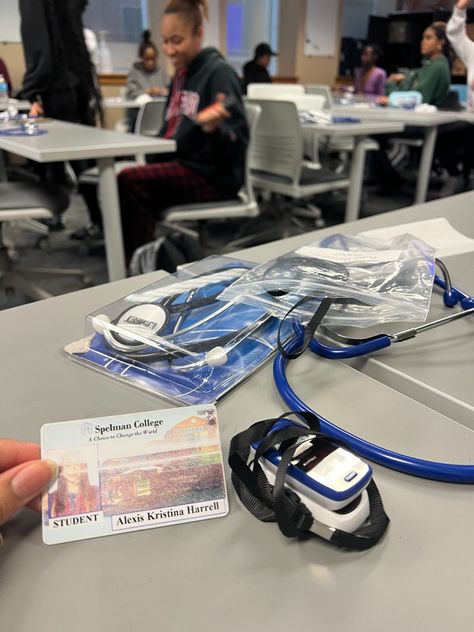In today’s dynamic healthcare landscape, effective engagement with healthcare professionals (HCPs) requires more than traditional outreach methods. Leveraging the right tools can help organizations deliver personalized, valuable, and efficient interactions that build lasting relationships with HCPs. Whether you’re a pharmaceutical company, medical device firm, or healthcare service provider, using advanced tools can significantly enhance your HCP Engagement strategies. Here are eight tools to consider for maximizing your efforts.
1. Customer Relationship Management (CRM) Systems
CRM platforms designed for the healthcare sector, like Veeva CRM or Salesforce Health Cloud, allow you to track interactions, manage contact information, and segment HCPs based on specialties, interests, and previous engagements. A robust CRM helps streamline communication, personalize outreach, and maintain a comprehensive history of each relationship, enabling more strategic and effective engagement efforts.
2. Virtual Event Platforms
Virtual event platforms such as ON24, Zoom for Healthcare, and Webex Events offer secure, interactive environments for webinars, product launches, clinical trial discussions, and peer-to-peer networking. These tools allow you to reach HCPs wherever they are, offer flexible scheduling options, and create engaging virtual experiences that foster stronger connections.
3. Email Marketing Automation Tools
Tools like Mailchimp, HubSpot, or Marketo can help you automate personalized email campaigns targeted specifically to HCP audiences. With advanced segmentation, dynamic content creation, and performance tracking features, email marketing tools enable you to deliver timely, relevant information while maintaining regular touchpoints without overwhelming your internal teams.
4. Secure Messaging Apps
Secure messaging platforms such as TigerConnect or OhMD are crucial for quick, confidential communication with HCPs. These tools ensure that sensitive information is shared in a HIPAA-compliant manner while providing a direct, easy-to-use channel for real-time engagement, updates, or follow-ups.
5. Content Management Systems (CMS)
A strong CMS like WordPress with healthcare-specific plugins or Sitecore allows you to manage and distribute content targeted at HCPs efficiently. Whether you’re sharing whitepapers, clinical studies, patient education materials, or event invitations, a good CMS helps ensure that your content is organized, accessible, and easy to personalize based on the needs of different HCP groups.
6. Learning Management Systems (LMS)
Offering educational opportunities is a powerful engagement tactic, and an LMS like Moodle or Docebo can facilitate the delivery of online courses, certification programs, and CME-accredited activities. These platforms track participation, assessments, and feedback, allowing you to monitor the effectiveness of your educational initiatives and provide HCPs with meaningful learning experiences.
7. Social Media Management Tools
Platforms like Hootsuite or Sprout Social enable you to plan, schedule, and monitor social media campaigns specifically tailored to professional healthcare audiences. LinkedIn, in particular, is a valuable channel for reaching HCPs. Using social media tools ensures that your messaging remains consistent, timely, and aligned with HCP preferences for digital engagement.
8. Data Analytics and Insight Tools
Understanding what resonates with HCPs requires detailed analytics. Tools like Google Analytics, Tableau, or customized healthcare-specific dashboards provide insights into HCP behavior, preferences, and engagement levels. Analyzing this data helps you refine your strategies, personalize future interactions, and continuously improve your HCP engagement efforts based on real-world evidence product-focused.
Conclusion
To engage HCPs successfully in a competitive and complex healthcare environment, organizations must leverage a combination of smart digital tools. From CRM systems and virtual event platforms to secure messaging apps and data analytics tools, each solution plays a crucial role in delivering personalized, valuable, and compliant engagement experiences. Integrating these eight tools into your strategy will not only strengthen your relationships with HCPs but also drive better outcomes for your organization and the patients you collectively serve.



